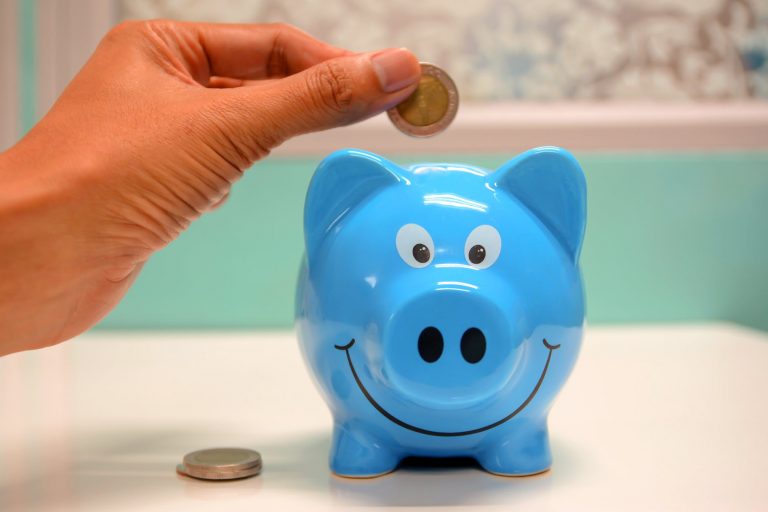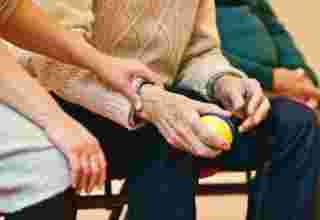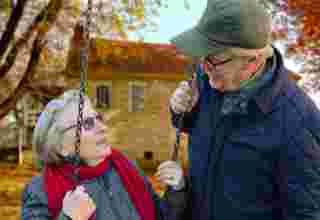
NEWS COPY
Brits are putting more into their ‘Rainy Day Fund’ than ever before as the current economic crisis encourages a ‘save – don’t spend’ attitude to money.
A study of 2,000 adults found one third have been putting extra money aside – an average of £459 – since lockdown began.
More than two thirds of those (67 per cent) are saving more by putting away the money they would normally spend on eating out, while almost half have banked refunds from cancelled holidays.
And 43 per cent have saved the money they would have spent commuting to work.
As a result, a fortunate three in 10 adults said they are currently financially better off than before the Covid-19 pandemic, while 44 per cent have managed to maintain their level of wealth.
It also emerged spending habits have changed dramatically since the start of the lockdown, with the average adult £146 better off after cutting back on unnecessary things such as clothing, takeaway coffee, eating out and entertaining.
Maitham Mohsin, head of savings at Skipton Building Society, which commissioned the research said: “These are financially challenging times for many, so it is reassuring to see that some adults are able to set aside savings for a rainy day, to make the best use of their reduced savings.
“This pandemic is witnessing a change in attitudes to wealth, savings, and money – as people, are more than before understanding the real need to have a financial buffer for unforeseen eventualities such as furlough or job loss.
“Many people have had to take payment holidays on mortgages, and dip into savings to get by over these last two or three months; never before has a savings pot been so needed.
“And this in itself is likely to encourage a more sensible approach to financial planning moving forward.”
The study also found that Brits have seen their spending reduce on things like fuel, commuting and alcohol, which is helping them to save more than before.
It emerged those who are saving more during lockdown have also been able to do so because they are spending less on childcare costs (11 per cent), family days out (49 per cent) and birthday presents (11 per cent).
Instead, more has been spent on cleaning products (12 per cent), TV streaming services (10 per cent) and books or magazines to pass the time (nine per cent).
However, the survey also highlights that one quarter of adults are worse off financially since the pandemic struck.
One in four have had to accept a pay reduction since the crisis began, and 14 per cent of those polled, via OnePoll, have taken either a loan or mortgage holiday – or both.
It also emerged 26 per cent of adults have had to dip into their savings during lockdown – spending an average of £340 to pay for essential bills (43 per cent), food (43 per cent) and council tax (20 per cent).
But regardless of a person’s current financial situation, six in 10 adults now say they are more likely to put money away for a rainy day, rather than spend it when they do have it.
And while a fifth are putting less money into savings at the moment, eight in 10 say they’d feel even more nervous if they didn’t have any rainy day fund to fall back on.
In particular, 43 per cent of adults like to have savings for unexpected or emergency payments, and 22 per cent like to put money aside for home improvements.
One fifth of adults want a buffer in case they lose their job and 13 per cent want it there in case illness means they can’t work for a while.
Maitham Mohsin, from Skipton Building Society added: “The fact is you never know what is around the corner – as the current Covid-19 pandemic and subsequent economic crisis has proven.
“This reinforces how important a planned future can be – having long term savings goals, to set yourself up for any eventuality, has never been so vital for peace of mind and to help you feel in a good place.”
ENDS





















